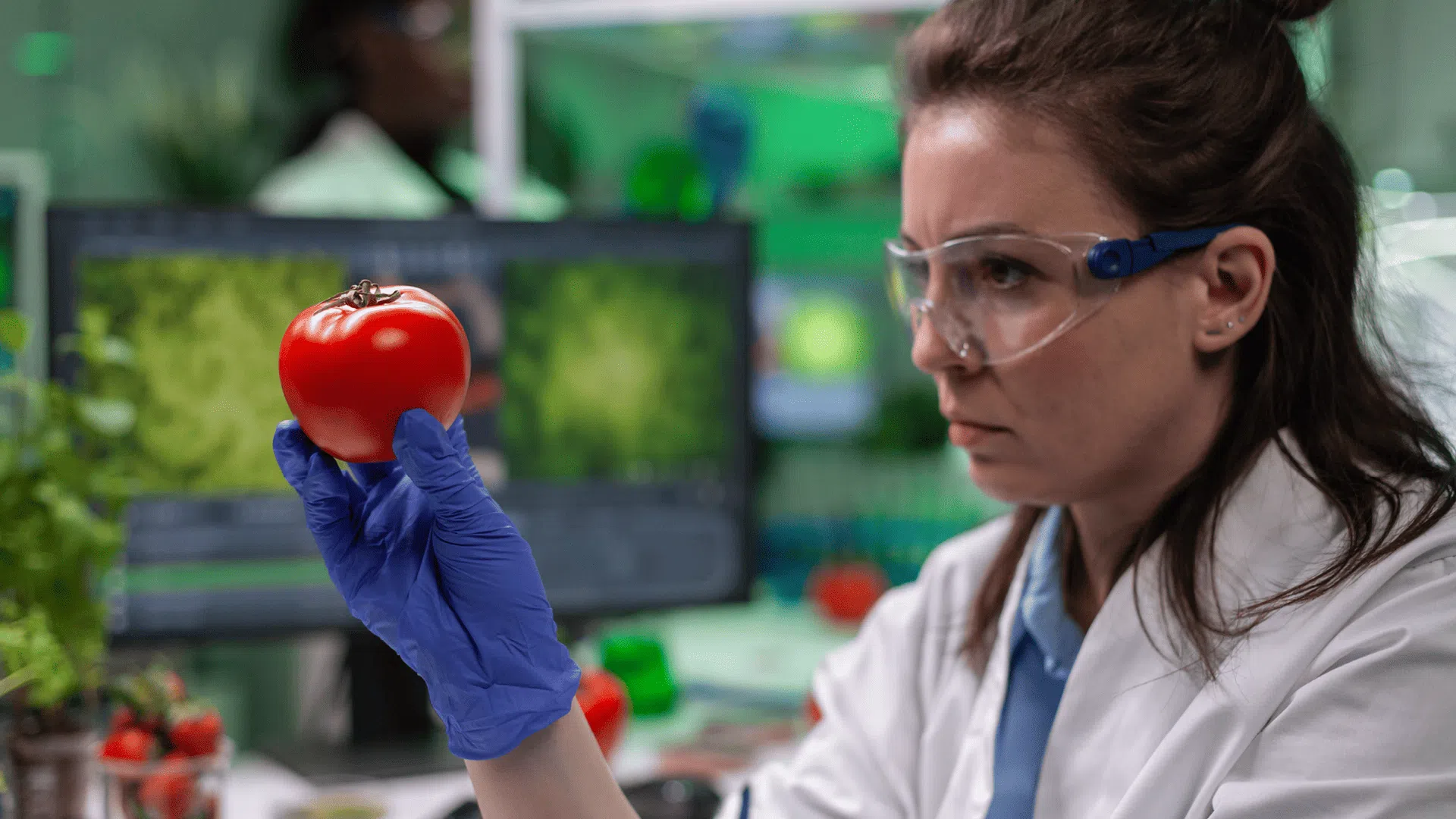Quality control ensures products meet defined standards by checking, measuring, and correcting deviations.

Quality assurance is the process companies use to ensure that the quality of their products and services remains consistently high and meets customer requirements. This applies not only to customers but also to employees and suppliers.
Quality assurance covers organizational as well as technical measures that keep processes stable and reliable – whether for producing products or delivering services. In most cases, this includes all processes that form part of the value chain.
Organizational tasks include:
Technical tasks include:
The goal of quality assurance is to identify and eliminate factors that could affect the quality of the final product at an early stage. In doing so, quality assurance ensures that the requirements of quality management are consistently met and implemented.
Quality assurance is applied in all areas and industries where quality management is required – and it is especially crucial in regulated environments. Ultimately, quality assurance is an essential part of everyday operations for any company to ensure customer satisfaction.
Typical industries for quality assurance include:
The most widely used standard in quality management is ISO 9001. It sets out the minimum requirements for a quality management system. Companies must implement these requirements to meet customer expectations as well as product and service quality standards.
The purpose of ISO 9001 is to optimize processes and ensure their reliability – making it the foundation of effective quality assurance.
The two main types of quality assurance are static quality assurance and dynamic quality assurance.
Static quality assurance defines that specified quality parameters – used to describe processes and products – may fluctuate within a set tolerance range. Statistical methods (Statistical Process Control), computer-based procedures (Computer-Aided Quality), and external auditors check whether these parameters are met. The resulting test reports outline necessary actions. This method also enables companies to demonstrate externally that the minimum requirements of quality assurance in the relevant quality area are reliably fulfilled.
Dynamic quality assurance follows a continuous improvement cycle. Actual states are measured and evaluated, then compared with target states. These values are based on statistical data or customer surveys. If deviations are identified, quality assurance requires corrective measures (often in the form of a Balanced Scorecard).
Quality assurance is essential to a company’s success. To ensure long-term quality, businesses can take a range of measures:
By applying these measures, companies strengthen quality assurance and ensure that their products and services meet the highest standards.
Quality assurance offers a wide range of methods. Some of the most common include:
A defect card enables attribute testing, where only the number of defects can be evaluated. It provides valuable insights to optimize production processes over the long term.
Documentation is another key element of quality assurance. Documented, planned, and executed procedures make it possible to understand how processes work – and to measure them.
Audits in quality assurance are used to check compliance with standards, both within the company and with suppliers. High conformity with standards helps ensure products and services of consistently high quality.
These methods ensure that measuring systems and testing tools are suitable and that measurements can be carried out reliably without external influence.
These approaches assess whether and how errors might occur. Processes can then be adapted to prevent such failures.
An 8D report (eight disciplines) is a structured problem-solving process between supplier and customer when a complaint arises. The report is exchanged as a document and follows the PDCA cycle (Plan, Do, Check, Act) for continuous improvement. It includes:
These methods together form a strong toolkit to detect, analyze, and eliminate errors – and to establish continuous improvement as part of company culture.
Quality management encompasses all measures that ensure a minimum level of quality in products and services.
Quality assurance is process-oriented. It focuses on planning inspection mechanisms – such as testing concepts, inspection and measurement systems – across the entire value chain and throughout the manufacturing process. Quality assurance is therefore one phase within quality management.
Quality control is also part of quality management, but unlike quality assurance, it is product-oriented. Its goal is to ensure the quality of a finished product using specific inspection mechanisms. Quality control is applied reactively at the end of the production process, while quality assurance works preventively throughout the process.
Yaveon 365 is the ERP industry solution designed specifically for the needs of companies in the process industry. The software strengthens quality assurance with a wide range of functions:
 What is part of quality control? – Beitrag öffnen
What is part of quality control? – Beitrag öffnen
Quality control ensures products meet defined standards by checking, measuring, and correcting deviations.
 Quality control in food production – Beitrag öffnen
Quality control in food production – Beitrag öffnen
See how quality control keeps food safe and consistent through testing and regulatory standards.
 What is a quality audit? | Types, standards and more – Beitrag öffnen
What is a quality audit? | Types, standards and more – Beitrag öffnen
A quality audit is a systematic and documented assessment procedure from quality management.